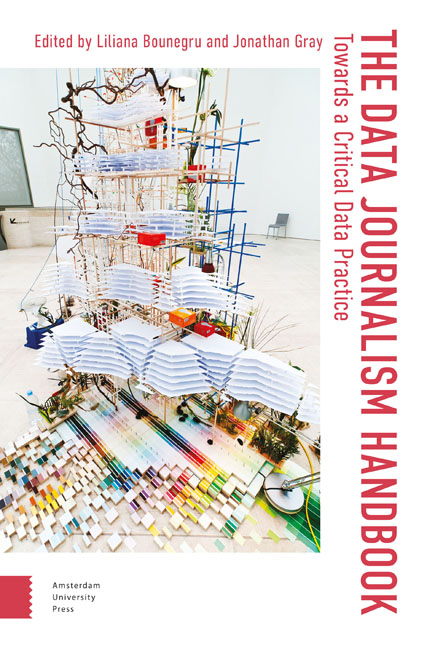46 - Teaching Data Journalism
Summary
Abstract
Teaching data journalism begins with teaching critical thinking.
Keywords: critical thinking, data journalism education, programming, collaboration, data practice, researcher–journalist collaborations
At Texas State University, Professor Cindy Royal teaches web development. A few thousand miles east, at the University of Florida, Mindy McAdams, the Knight Chair of Journalism Technologies and the Democratic Process, and Associate Professor Norman Lewis, teach a variety of classes from coding to traditional data journalism and app development. Alberto Cairo, the Knight Chair of Visual Journalism at the School of Communication at the University of Miami, teaches an entire programme focused on data visualization.
Go north and students at Columbia University and CUNY take classes taught by practicing data journalists from NBC and The New York Times, learning the basics of investigative reporting along with data analysis. At the University of Maryland, media law classes regularly go through the process of submitting public records requests for journalism projects. In Nebraska, Matt Waite teaches students to visualize data using Legos. At Stanford University, we teach basic data analysis, coding in Python and R and basic data visualization, more for understanding than presentation.
Data journalism professors—many of whom got their start as practitioners— teach in a variety of ways across the world (and the examples above are just from programmes in the United States). Which programme is true data journalism? Trick question: All of them are. So how to teach?
The same way we teach any type of journalism class. Any specialization— from sports journalism to business reporting or science reporting—has domain-specific skills and knowledge that must be learned. Yet each rests on the fundamentals of journalism.
In the same way, data journalism education should begin with the fundamentals. By that, I don't mean learning spreadsheets, although I do think it can be ideal for understanding many basic tenets of data journalism. There's nothing like understanding the inherent messiness of entered data by having students embark on a class exercise that involves entering information into little boxes on a computer screen. I also don't mean learning a particular way of coding, from Python to R, although I do think both languages have many benefits. There's nothing like seeing a student run a line of code and get a result that would take four or more steps in a spreadsheet.
- Type
- Chapter
- Information
- The Data Journalism HandbookTowards A Critical Data Practice, pp. 338 - 343Publisher: Amsterdam University PressPrint publication year: 2021



